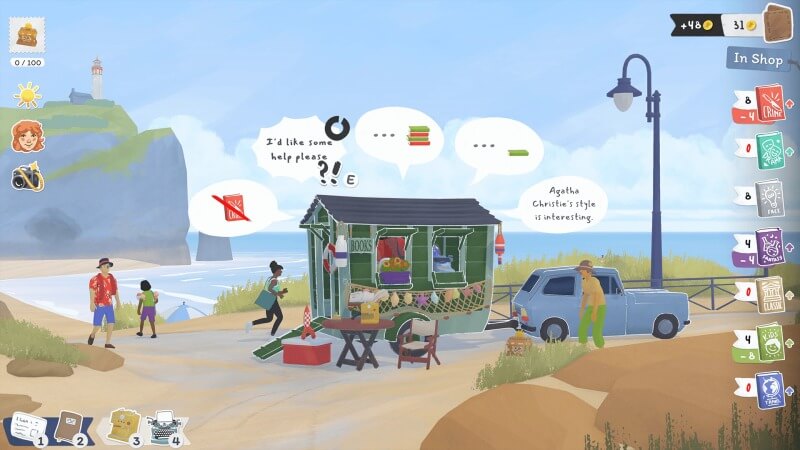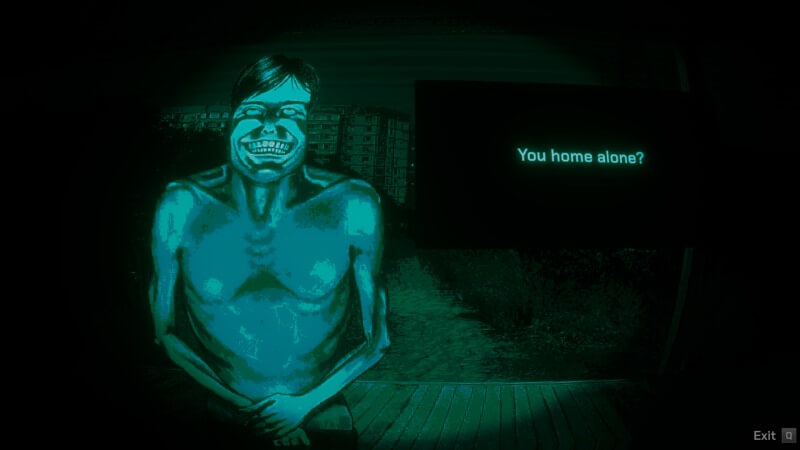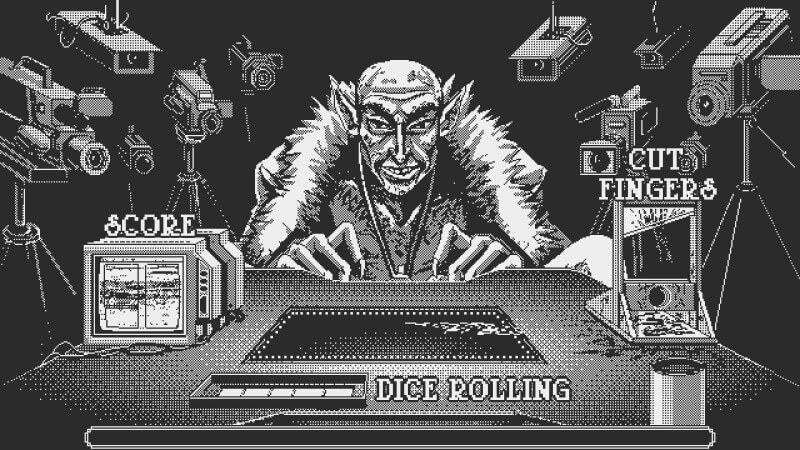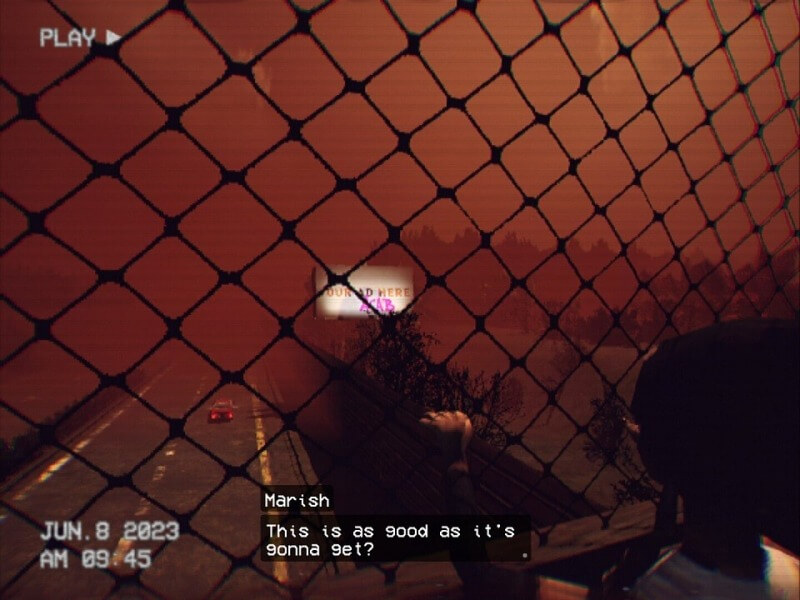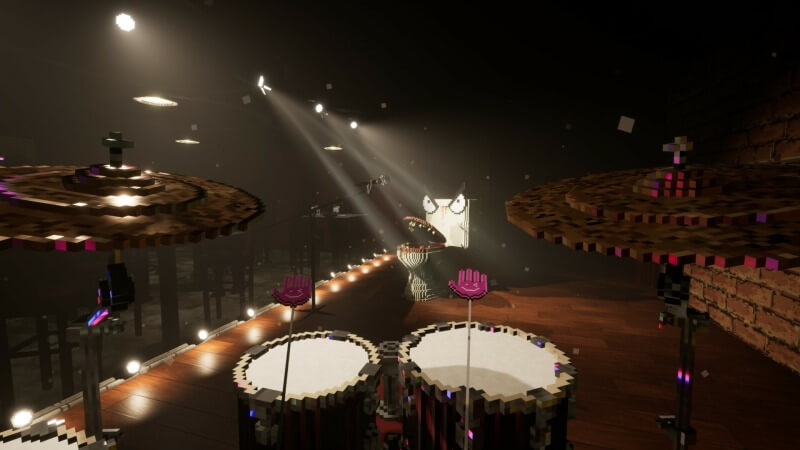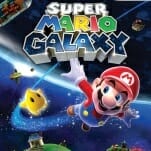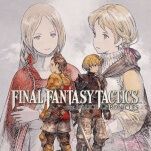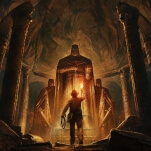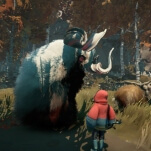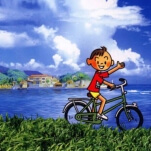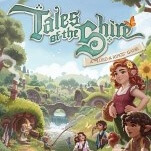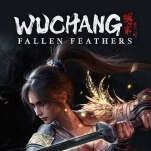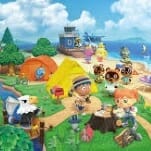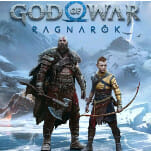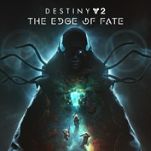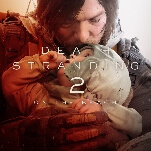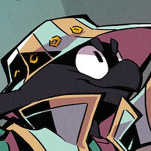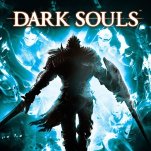The Best Games at PAX West 2025

PAX West 2025 was a mirror held to the face of the industry. With Xbox and PlayStation conspicuously absent, Nintendo dominated the show floor, flanked by a few larger publishers while smaller indie developers and boutique collectives swarmed nearby. The polar opposites of cozy and horror games dominated the demo selections, illustrating a range in tone and mood that similarly reflected the state of games. The console era is dying, and as AAA games diminish in numbers and take longer and longer to make, games made by smaller teams with smaller budgets fill the void, providing players with either escapist fantasies of a calmer, more comforting world or accurately reflecting the terror lurking in every corner of the real one.
This past Labor Day weekend, I spent my time drifting from booth to booth, settling into quirky deck builders, atmospheric low poly horrors and cozy slice of life simulators. In doing so, I got the uncanny sense that I was dipping a paper strip into the pool of gamer sentiment, testing the tint of its litmus as I played.
Here are the 10 best games I played at PAX West this year.
Another Pint
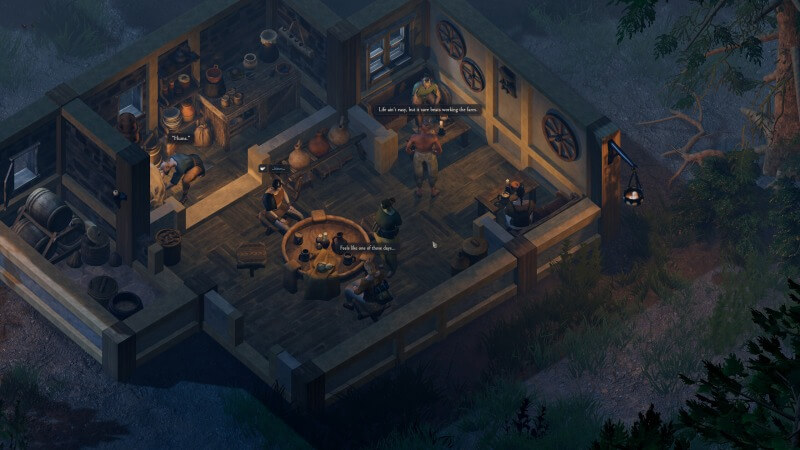
In many ways, Another Pint, a systems-driven tavern management simulator from the Bulgaria-based Williwaw, feels like running a quaint little bar in Baldur’s Gate. Its faded, fantasy RPG-esque setting, characters, and visual style, supported by a charmingly subtle snark, bring to mind Dungeons & Dragons, with a dash of The Sims for good measure. In the game, you can serve patrons in your small village, build and decorate your tavern, and use your unique traits and background to tell an emergent story about the character you play.
While not the flashiest of the titles I sat down with at PAX, it was among the chillest, and I enjoyed the prospect of both customizing and building up my beer-swilling business as I served brews to the locals. The prospect of taking hospitality and differing patron needs into account is appealing to me as a former server. Had this been a Sims 4 expansion back, I’d have bought it on the first day. I anticipate so with Another Pint, which sadly does not yet have a release date but can be wishlisted on Steam.
Fresh Tracks
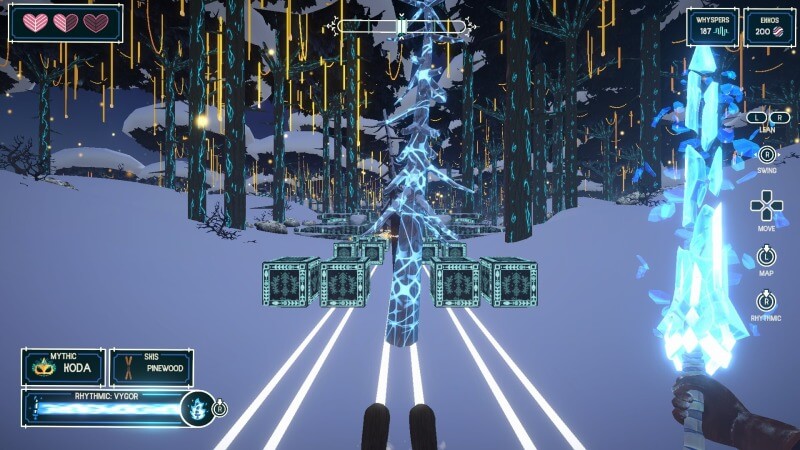
Imagine BeatSaber set in Scandinavia, a ski adventure backed by chill electronica music and synchronized to the snowy, high altitude obstacles of trees, caverns, rock, and ice as you make your way across the slopes.
That’s Fresh Tracks, a delicious pun turned roguelike rhythm game from Buffalo Buffalo. With impeccable vibes and soundtrack (to me, reminiscent of the ethereal tunes of Tetris Effect), I was nodding along to the music in keeping with the action as I raced down the track, leaning away from cliffs, hopping over rock piles, and cutting through trees, collecting power-ups and health pieces along the way. Each action, timed with and enhancing the music, makes the player feel like they are part of the composition, making your adrenaline-induced flowstate absolutely soar.
My brief time with the demo just didn’t feel like enough. But lucky for me, the full version of Fresh Tracks is already out! It can be purchased on multiple platforms as of August 26, 2025 and is available on Steam.
Terrible Lizards
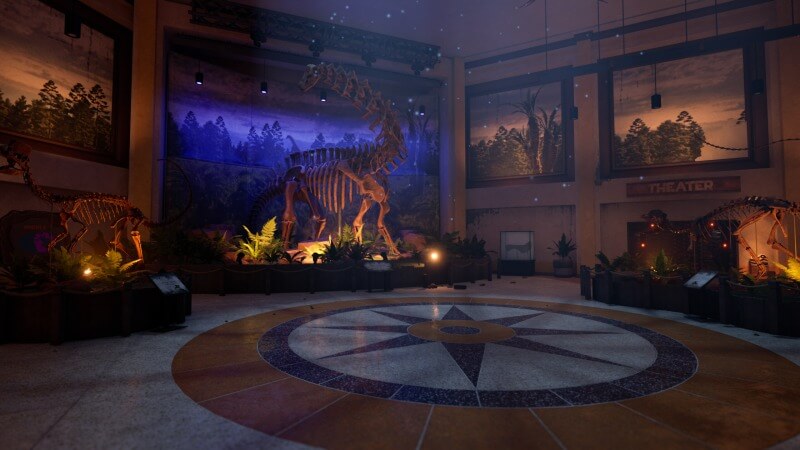
As a fan of Dying Light, I like parkour games. As a fan of things I learned about in elementary school, I also like dinosaurs. Therefore, by the transitive property, I love Terrible Lizards.
This parkour game is set in an abandoned dinosaur-themed attraction, where a stranded motorist finds himself trapped after hours and must work his way through the building to find help. But along the way, he finds there’s something amiss, and some of the mascots left behind may not be what they seem, leading to high-speed chases that will make use of every one of his newfound traversal skills.
With impressive level design, a pleasingly fluid parkour system, and a well-executed premise, this was one of the lighter games I played during PAX but also among the most fun, particularly the ease of learning and using the parkour system, and how intuitive each display space was laid out as it led to other parts of the building. It made me feel like a parkour master within seconds, and the game is refreshing in its refusal to take itself too seriously.
Terrible Lizards is expected to debut next summer and can be wishlisted now on Steam.
Arcane Eats
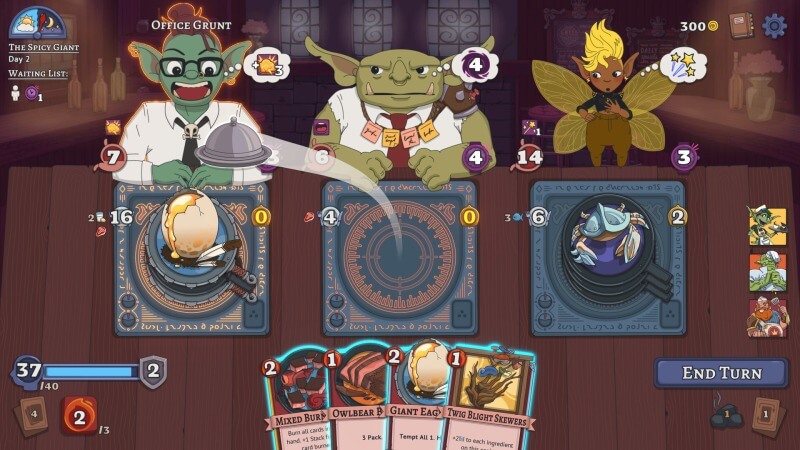
At the cross-section of reinventing both the cooking and roguelike deckbuilding genres is Arcane Eats, a title that turns the act of cooking and serving food into a card game. As the name suggests, the game has a fantasy theme, and players manage a restaurant where incoming customers are fed from ingredient cards played on cookstoves, with timing, energy, quality, and other factors influencing diners’ satisfaction. Kitchen crews of differing skill sets, new ingredients, and other incremental improvements can be purchased in town with the restaurant’s earnings, and celebrity chefs even stop by for a special weekly competition, adding challenges to cooking strategy.
With its emphasis on fantasy ingredients, Arcane Eats reminds me somewhat of Battle Chef Brigade; while the latter is a match-3 game and not card-based, the way it simplifies cooking to focus more on its themes rather than literal logistics is fun, and the addition of mythical creatures and characters delightfully inventive. I found my time with the demo, well, enchanting.
No release date has been announced and a demo is not available, but you can wishlist over at Steam.
-

-

-

-

-

-

-

-

-

-

-

-

-

-

-

-

-

-

-

-

-

-

-

-

-

-

-

-

-

-

-

-

-

-

-

-

-

-

-

-

